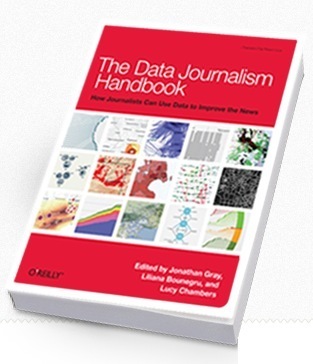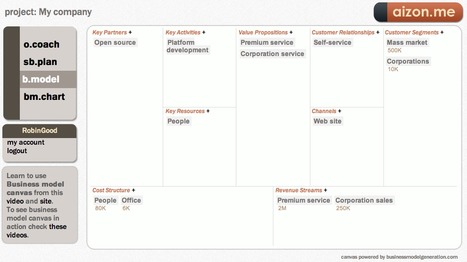The launch of eBook subscription service Oyster has set the proverbial cat among the pigeons in the publishing world. Publishers and authors are frantically trying to work out just what on-demand ...

|
Scooped by
Robin Good
September 15, 2013 4:24 AM
|
From the original article by Mark Mulligan: "Subscriptions are clearly the best product set media companies currently have for monetizing the consumption era.
For the music industry they continue to raise as many questions as they answer, but for books they might just be the ticket to genuine digital prosperity."
Here's a few reasons why:
Book Subscriptions Offer a Much Clearer Path to Additive Revenue than Music - because books take longer to read than a CD does to listen, authors and publishers should see greater revenue margins.
Per-reader value versus per-title value - If an author or publisher is simply think in terms of 1 sale becoming 1 rental then it is a net-loss scenario. But if just over twice as many people read the book then it is a net-gain scenario. The more people that subscribe and the more that read more books – the Consumption Quotient -the more likely that subscriptions will become additive rather than substitutive.
The author also suggests that the book industry has a key advantage in that it can learn a lot from the mistakes already done by the music subscription industry and can avoid repeating them by paying attention to a few key elements such as:
- Transparency
- Curation
- Discovery
- Pricing
- Video and multimedia native support
Insightful. 8/10
(Image credit: Subscribe road sign by Shutterstock)



 Your new post is loading...
Your new post is loading...

















Le lancement du Livre abonnement Oyster de service a mis le chat proverbial parmi les pigeons dans le monde de l'édition. Editeurs et auteurs sont frénétiquement essayer de travailler sur tout ce que la demande ...
http://www.staged.com/video?v=WQce like this video content...i like this....great visualise...subscription...?